Did you Know Benefits of Adusa Plant?
In the world of natural remedies, the Adusa Plant stands as a true marvel. Its unique properties and myriad of benefits have made it a subject of fascination and research. Join us as we delve into the Did you Know Benefits of Adusa Plant and uncover the secrets it holds for your well-being.
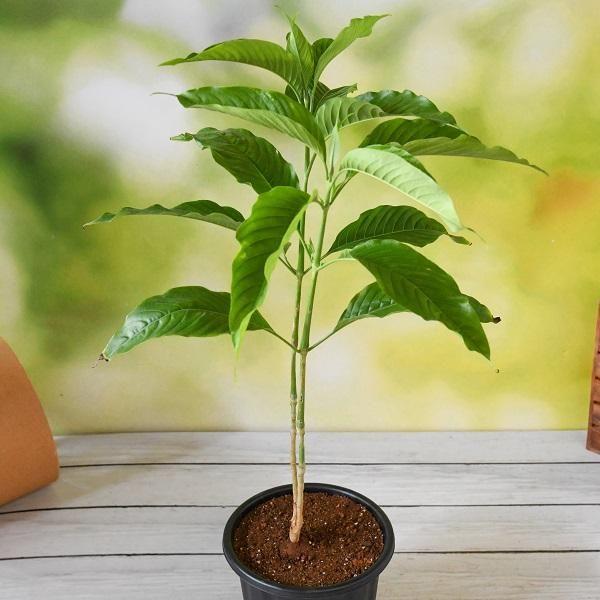
Table of Contents
Benefits of Adusa Plant | Introduction
Nature has provided us with countless treasures, and the Adusa Plant is undoubtedly one of them. Also known as Adhatoda vasica, this remarkable plant has been used for centuries in traditional medicine. In this article, we will explore the numerous benefits and applications of the Adusa Plant, shedding light on its incredible potential to improve our health and well-being.
The Origins of Adusa Plant
The Adusa Plant, native to the Indian subcontinent, is a perennial shrub that thrives in tropical and subtropical regions. It has a rich history in Ayurvedic and traditional medicine systems, where it has been hailed as a powerful healing herb.
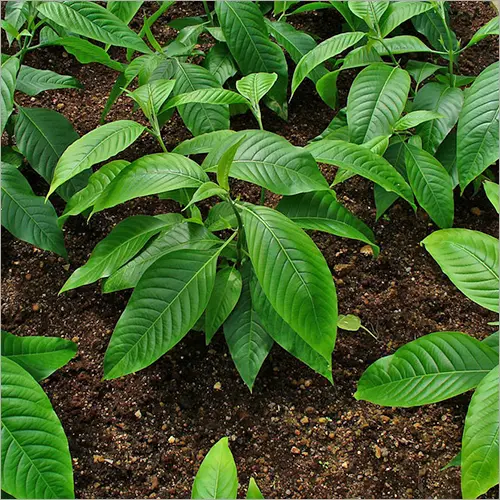
Medicinal Properties
Adusa Plant’s Rich Medicinal Content
The Adusa Plant is a treasure trove of medicinal compounds. It contains alkaloids, flavonoids, and essential oils, each with its unique health benefits.
Anti-Inflammatory Wonder
One of the standout features of the Adusa Plant is its potent anti-inflammatory properties. These properties make it a valuable asset in managing various inflammatory conditions, including arthritis and respiratory issues.
Health Benefits of Adusa Plant
Soothing Coughs and Congestion
The Adusa Plant has been traditionally used to alleviate respiratory problems such as coughs and congestion. Its natural expectorant properties help clear mucus from the airways, making it easier to breathe.
Nasal congestion and coughing can be treated with adusa. During the winter, its anti-inflammatory, antibacterial, and expectorant characteristics are highly beneficial at easing cold and cough symptoms. By clearing out chest congestion, it is also quite successful in treating flu symptoms. It is used by boiling tiny pieces of adusa leaves in water. Filter the liquid. Consume it after adding honey. This will result in a quick cold recovery.
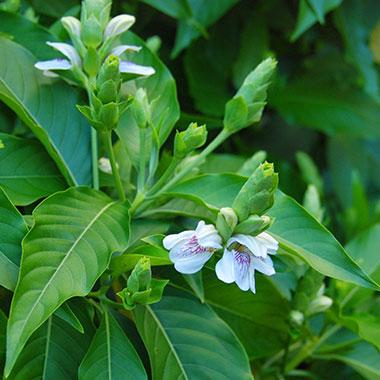
Purifies blood:
Adusa may effectively cleanse blood as well. Additionally, it aids in blood pressure management. Due to its antifibrinolytic and anticoagulant characteristics, it aids in clearing heart blockages.
Asthma Management
Asthma sufferers can find relief in the Adusa Plant. It acts as a bronchodilator, helping to widen the air passages and ease breathing difficulties.
Immune System Booster
The Adusa Plant is a natural immune system booster. Regular consumption can strengthen your body’s defenses, making it more resilient to infections.
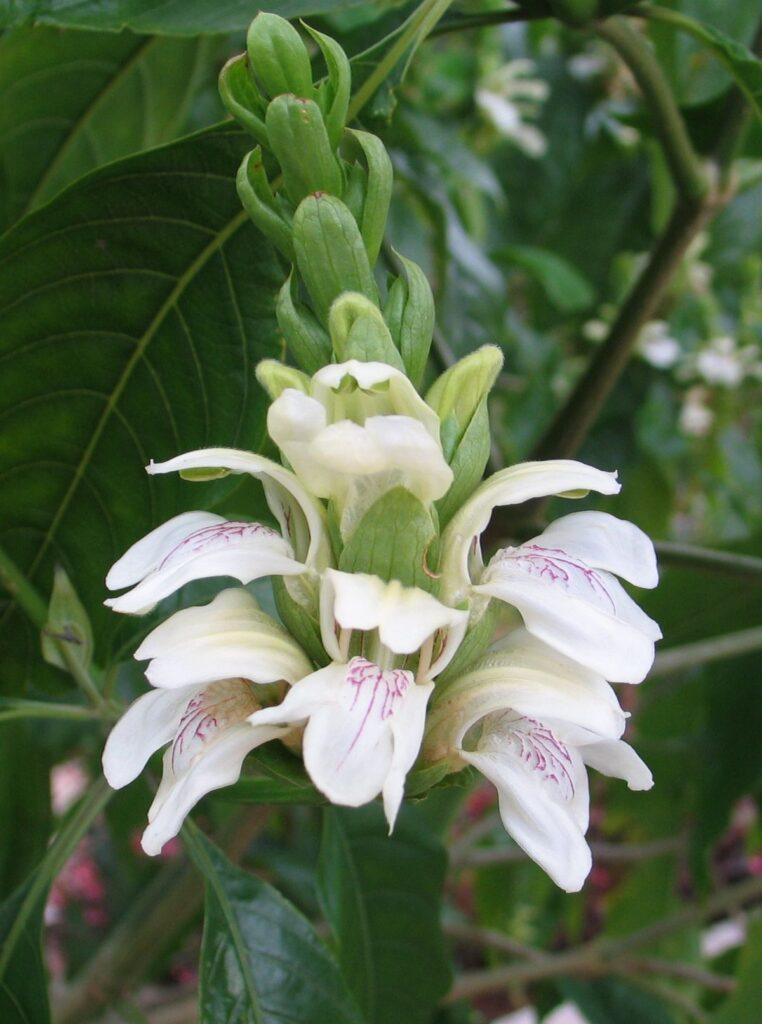
Skin Care Benefits of Adusa Plant
Acne Treatment
For those struggling with acne, the Adusa Plant can be a game-changer. Its antibacterial properties help combat acne-causing bacteria, reducing breakouts and improving skin health.
Wound Healing
The Adusa Plant’s antimicrobial properties accelerate the healing of wounds and cuts. Applying a poultice made from Adusa leaves can promote faster recovery.
Digestive Health Benefits of Adusa Plant
Relieving Indigestion
Adusa is known for its ability to alleviate indigestion and gastrointestinal discomfort. It can help soothe an upset stomach and promote healthy digestion.
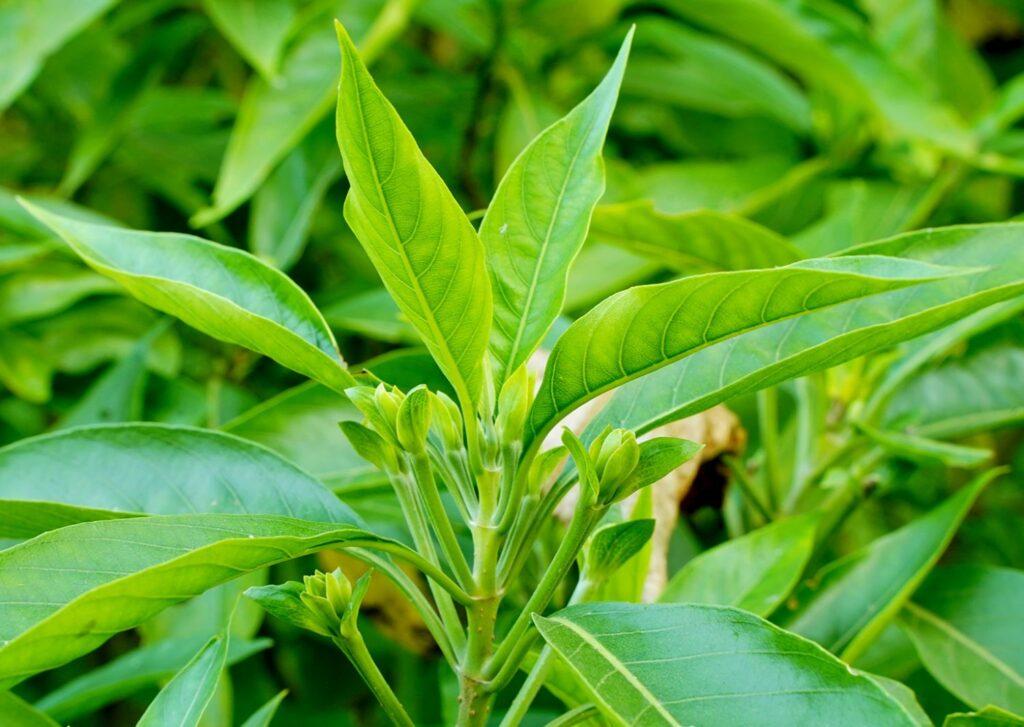
FAQs About Benefits of Adusa Plant
Q: What are the benefits of Ardusi leaves?
A: Adhatoda vasica plant used for a cough, Asthma, Breathing trouble, nasal congestion, allergic condition, upper respiratory infection, Excessive uterine bleeding.
Q: Can I eat Adulsa leaves?
A: During these cold months, you can include Adulsa leaves in your diet for better health. Adulsa plant, also known as Adusa, Vasaka, Vasa and Malabar nut, is known to have several medicinal properties, which help in treating breathing problems, cold, cough, sore throats and bronchitis.
Q: What is the use of Ardusi?
A: Ardusi Churna acts as an expectorant and is extremely beneficial for colds and coughs. Adusha Powder removes phlegm accumulated in the lungs and provides great relief to the respiratory system. It is also found to be very effective in asthma and chronic bronchitis.
Q: What is the common name for Adusa plant?
A: Justicia adhatoda commonly known in English as Malabar nut, adulsa, adhatoda, vasa, vasaka, is native to Asia.
Q: How do you care for an Ardusi plant?
A: The roots should not be allowed to sit in water, but the soil should be kept moist. In the summer, water thoroughly; in the winter and rainy season, water less. Water the plants in the morning, between 8 and 10 a.m.
Q: Is Adusa Plant suitable for children?
A: Adusa Plant remedies should be used cautiously with children. Consult a pediatrician before administering any Adusa-based products to children.
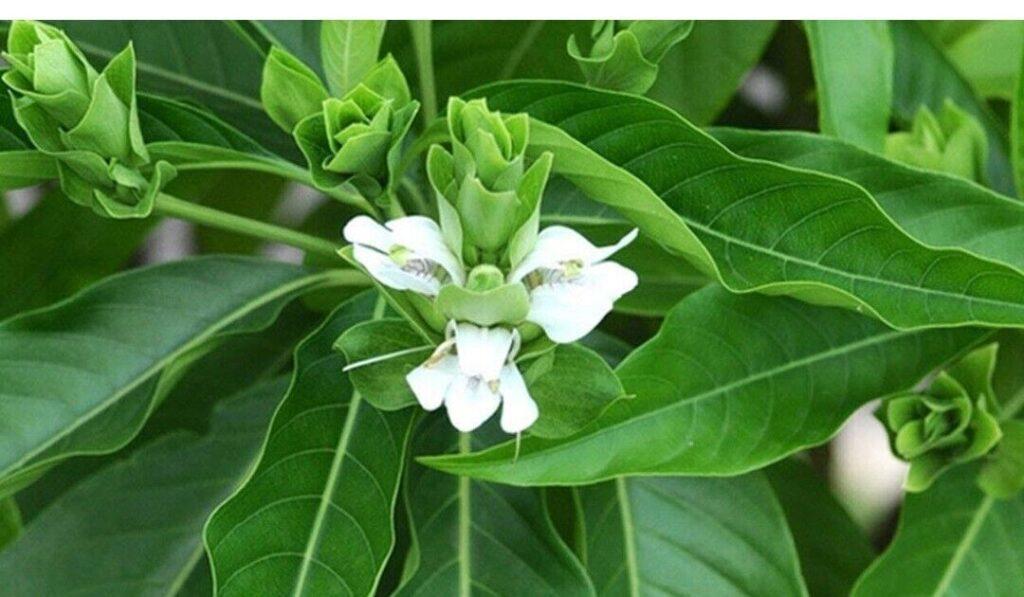
Benefits of Adusa Plant | Conclusion
The Did you Know Benefits of Adusa Plant are indeed remarkable. From respiratory health to skincare and digestive well-being, this natural wonder has a lot to offer. However, it’s crucial to use it wisely and consult with a healthcare professional when necessary. Embrace the healing power of Adusa and unlock a world of well-being.
About The Author

Pruthvirajsinh
THE WAY YOU NEED IT
Connect with us
Recent Posts
- Decorate Your Home Space With Artificial Grass In 2023
- #1 Top 5 Creative Festive Garden Decor Ideas
- #1 The Most Easy Way to Protect Your Plants From Frost In USA
- #1 BEST TULSI REDUCES ACTIVE ACNE IN 2023
- #1 Best 7 indoor plants that people with amazing-smelling homes use to scent their spaces naturally
Information

Mkono Fake Hanging Plant with Pot, Artificial Plants for Home Decor
Mkono Macrame Plant Hanger Indoor Hanging Planter Basket with Wood Beads Decorative Flower Pot


COCOBOO 1 x Artificial Hanging Plants Artificial Eucalyptus Plant Hanging Plant

Umbra Triflora Hanging Planter for Window, Indoor Herb Garden, White/Black, Triple

Decorate Your Home Space With Artificial Grass In 2023

#1 Top 5 Creative Festive Garden Decor Ideas

#1 The Most Easy Way to Protect Your Plants From Frost In USA
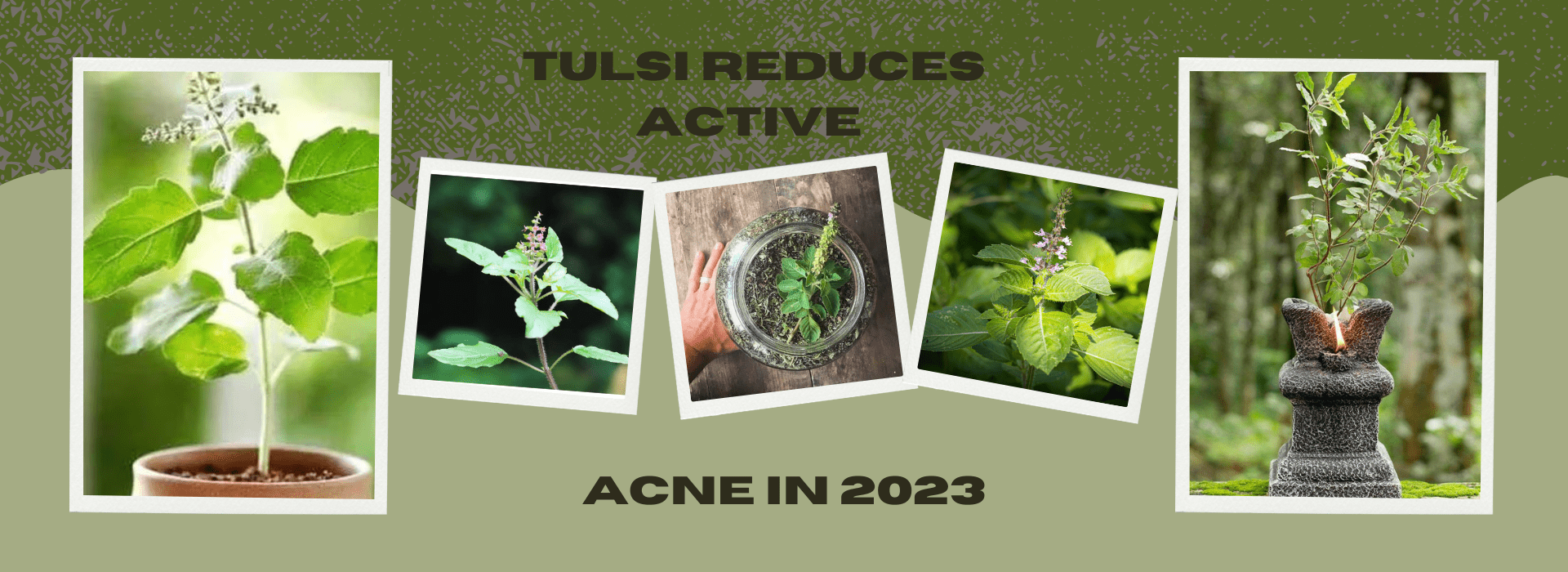
#1 BEST TULSI REDUCES ACTIVE ACNE IN 2023

#1 Best 7 indoor plants that people with amazing-smelling homes use to scent their spaces naturally


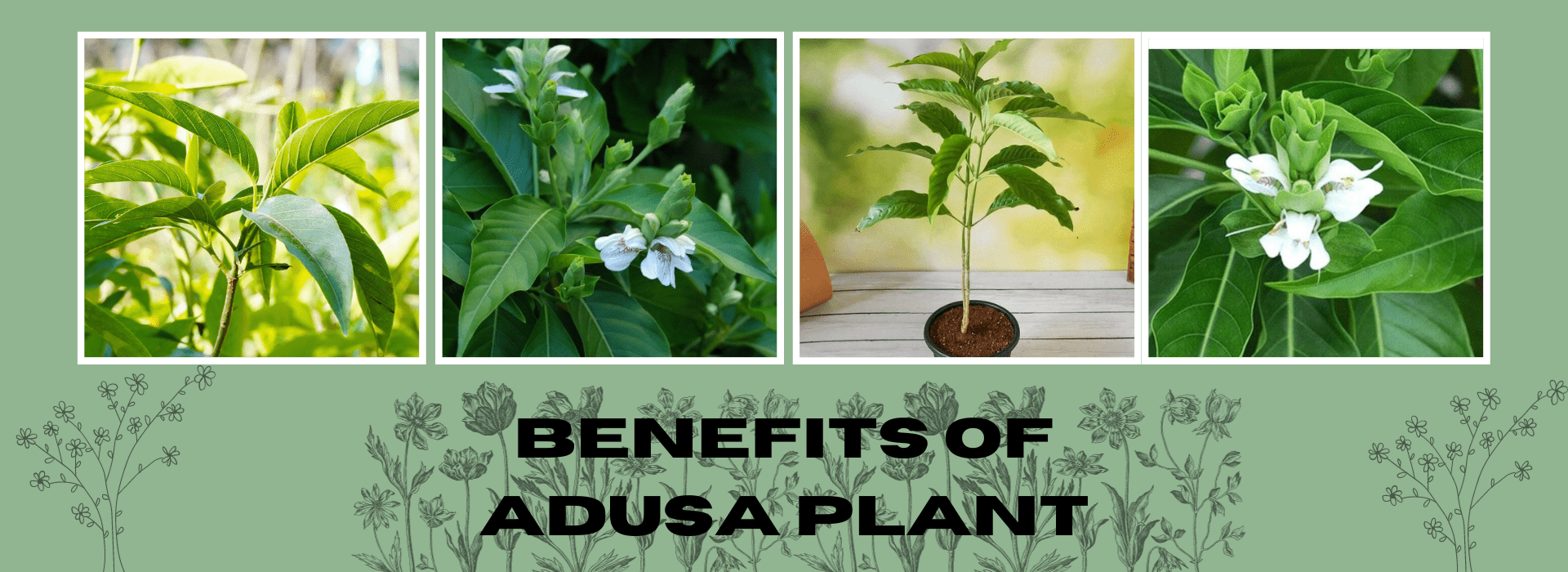
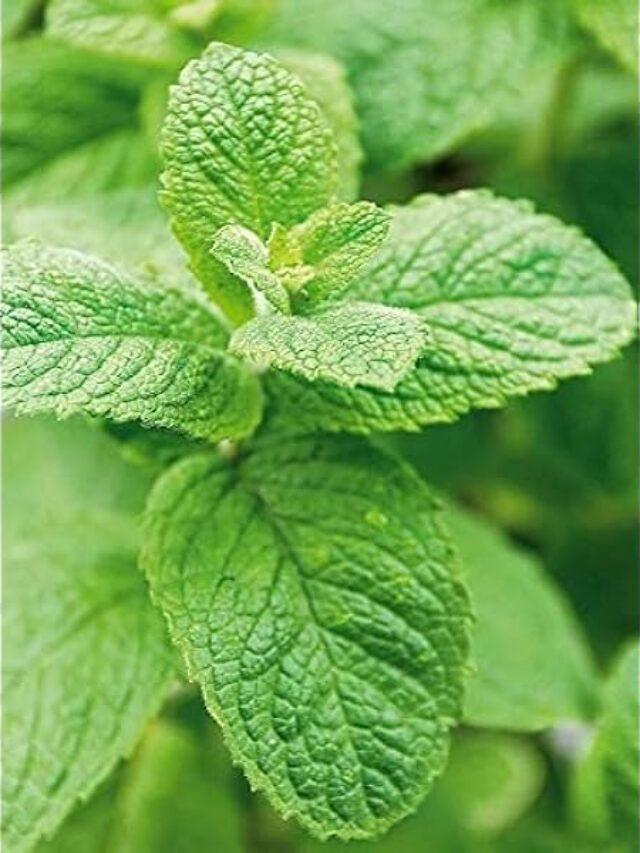

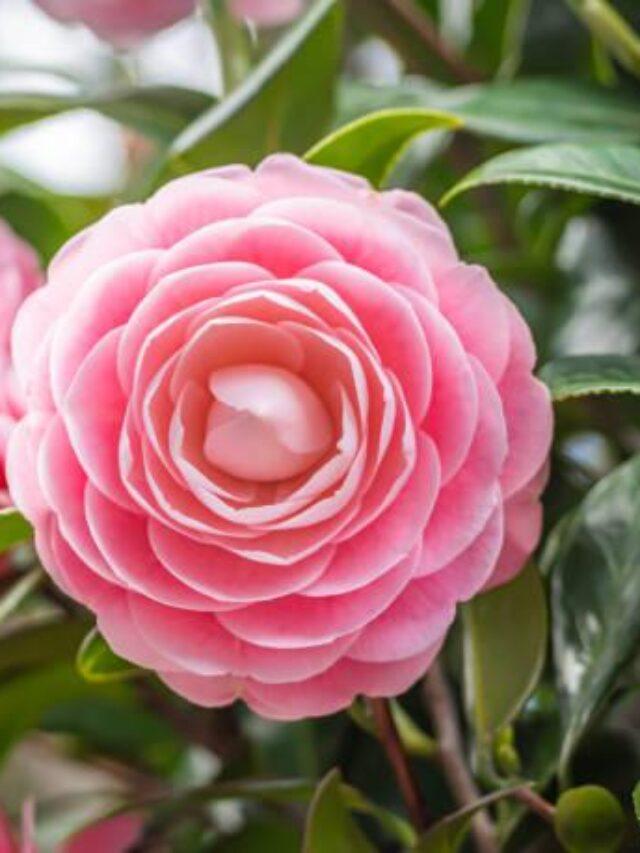
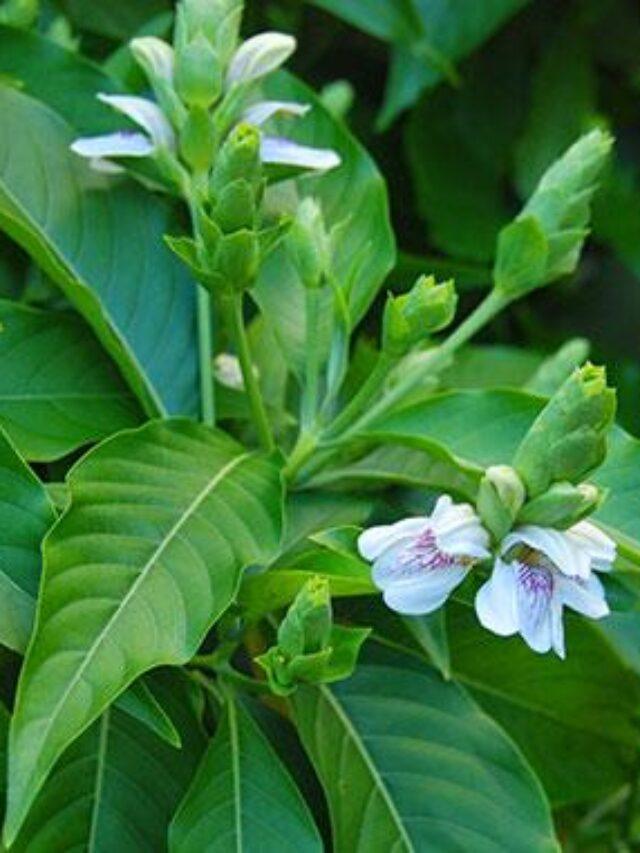
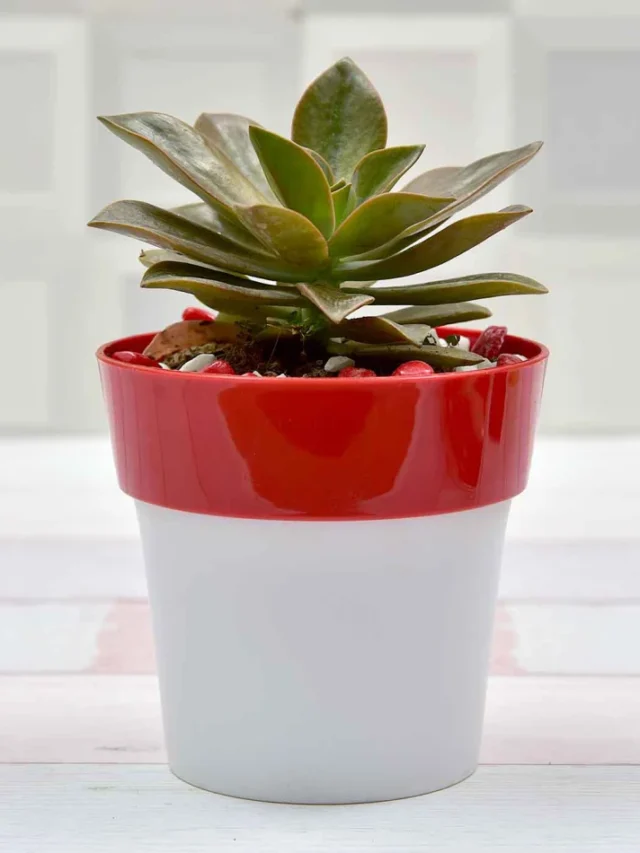

Recent Comments